Why Some Companies Lack of Cash Despite Being Profitable?
 In the intricate world of corporate finance, the paradox of profitability without sufficient cash on hand is a scenario that perplexes many. While a company may report robust profits on its income statement, the actual cash reserves may not reflect the same picture. This phenomenon raises crucial questions about the factors contributing to this apparent contradiction.
In the intricate world of corporate finance, the paradox of profitability without sufficient cash on hand is a scenario that perplexes many. While a company may report robust profits on its income statement, the actual cash reserves may not reflect the same picture. This phenomenon raises crucial questions about the factors contributing to this apparent contradiction.
In this article, we explore the reasons behind why some companies find themselves in the paradoxical situation of being profitable but having limited cash.
Timing Differences:
- Accrual Accounting vs. Cash Basis: One of the primary reasons lies in the difference between accrual accounting, used for financial reporting, and the cash basis of accounting. Profits are recognized when earned, not necessarily when cash is received. Hence, a company can report profits while waiting for customers to pay outstanding invoices.
- Inventory and Receivables: Companies may tie up a significant portion of their cash in inventory and accounts receivable. While these assets contribute to profitability, the actual cash is only realized when inventory is sold, and receivables are collected. Inefficient working capital management can exacerbate this disparity.
- Investing in Growth: Profitable companies often invest heavily in capital expenditures for future growth. While these investments contribute to long-term success, they can strain short-term cash flows, leaving little available for immediate needs.
- Interest and Principal Repayments: Companies with debt obligations must allocate cash for interest payments and debt principal repayments. High debt levels, while not impacting reported profits, can significantly impact cash availability.
- Returning Value to Shareholders: Profitable companies may choose to distribute profits to shareholders through dividends or share buybacks. These actions can deplete cash reserves even though the company remains profitable on paper.
Tax Liabilities:
- Deferred Tax Payments: Tax liabilities can create disparities between reported profits and actual cash on hand. Companies may accrue taxes on their income statement but may not make the corresponding cash payments until a later date.
- Cyclical Industries and Economic Downturns: Companies operating in cyclical industries or facing economic downturns may experience delayed cash inflows due to reduced customer demand, impacting their ability to convert profits into cash.
The paradox of profitability without sufficient cash is a nuanced aspect of corporate finance that requires a comprehensive understanding of financial management. Investors, analysts, and company leadership need to recognize that profits on the income statement do not always directly translate to cash availability. By scrutinizing working capital, capital expenditure strategies, debt management, and other financial elements, companies can bridge the gap between reported profitability and actual cash reserves. Ultimately, effective financial management is key to ensuring that profitable companies also maintain healthy and sustainable cash positions.

In the fast-paced world of business, sound financial management is the linchpin for success. Our team at Gluck Finance is thrilled to extend an invitation for a personalized discussion on how our financial management consulting services can elevate your business to new heights.
We believe that a focused discussion can uncover opportunities to enhance your financial management and drive sustainable growth. To schedule a complimentary consultation, please contact us at www.gluckintcorp.com. We look forward to the opportunity to collaborate with you and contribute to the financial success and resilience of your business.








 CNYIDR=X
CNYIDR=X  EURIDR=X
EURIDR=X  JPYIDR=X
JPYIDR=X  KRWIDR=X
KRWIDR=X  SGDIDR=X
SGDIDR=X  AUDIDR=X
AUDIDR=X  HKDIDR=X
HKDIDR=X  GBPIDR=X
GBPIDR=X